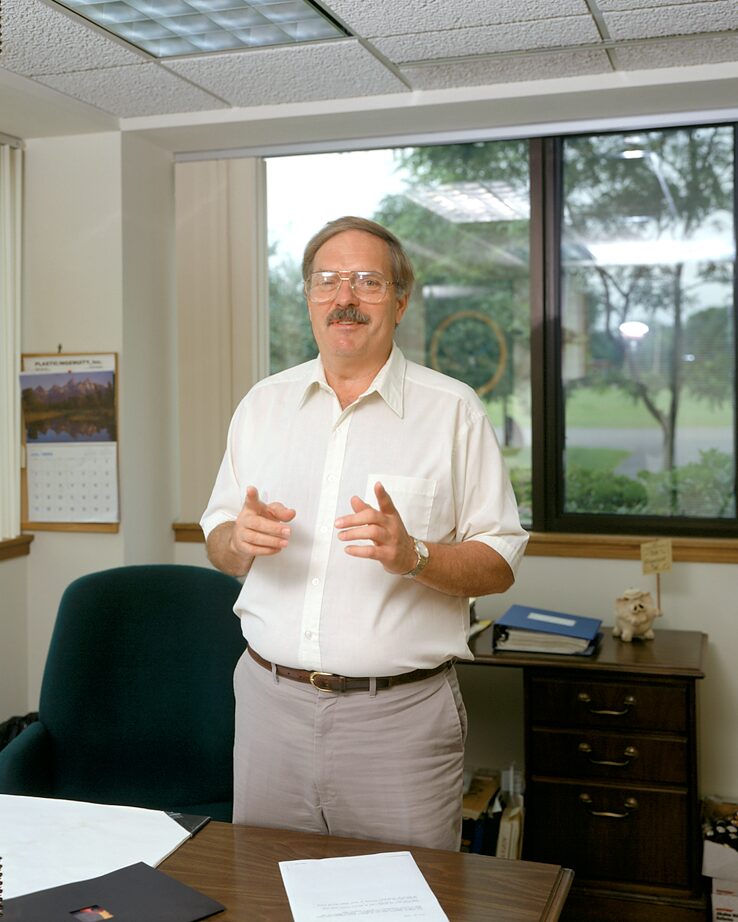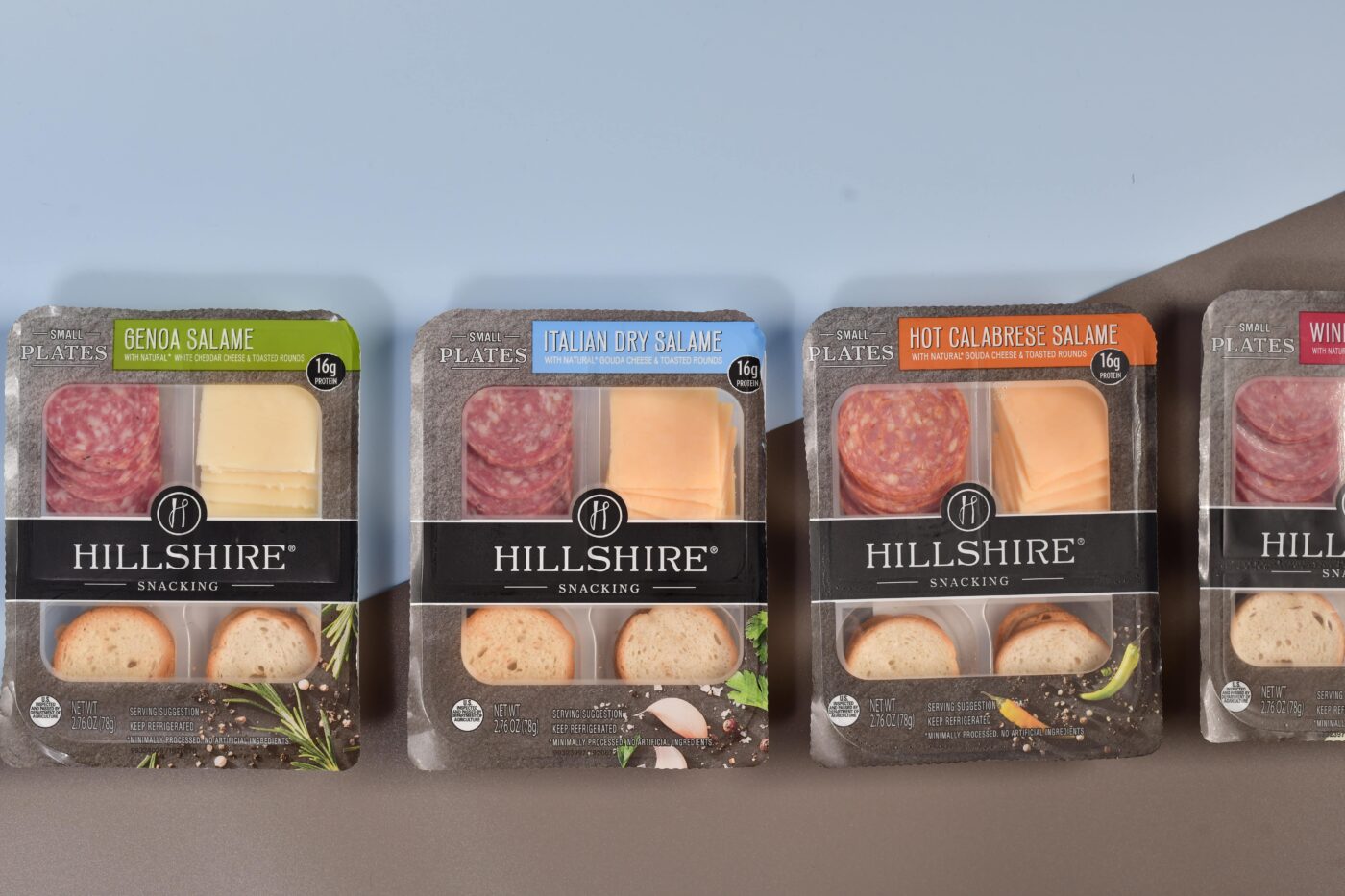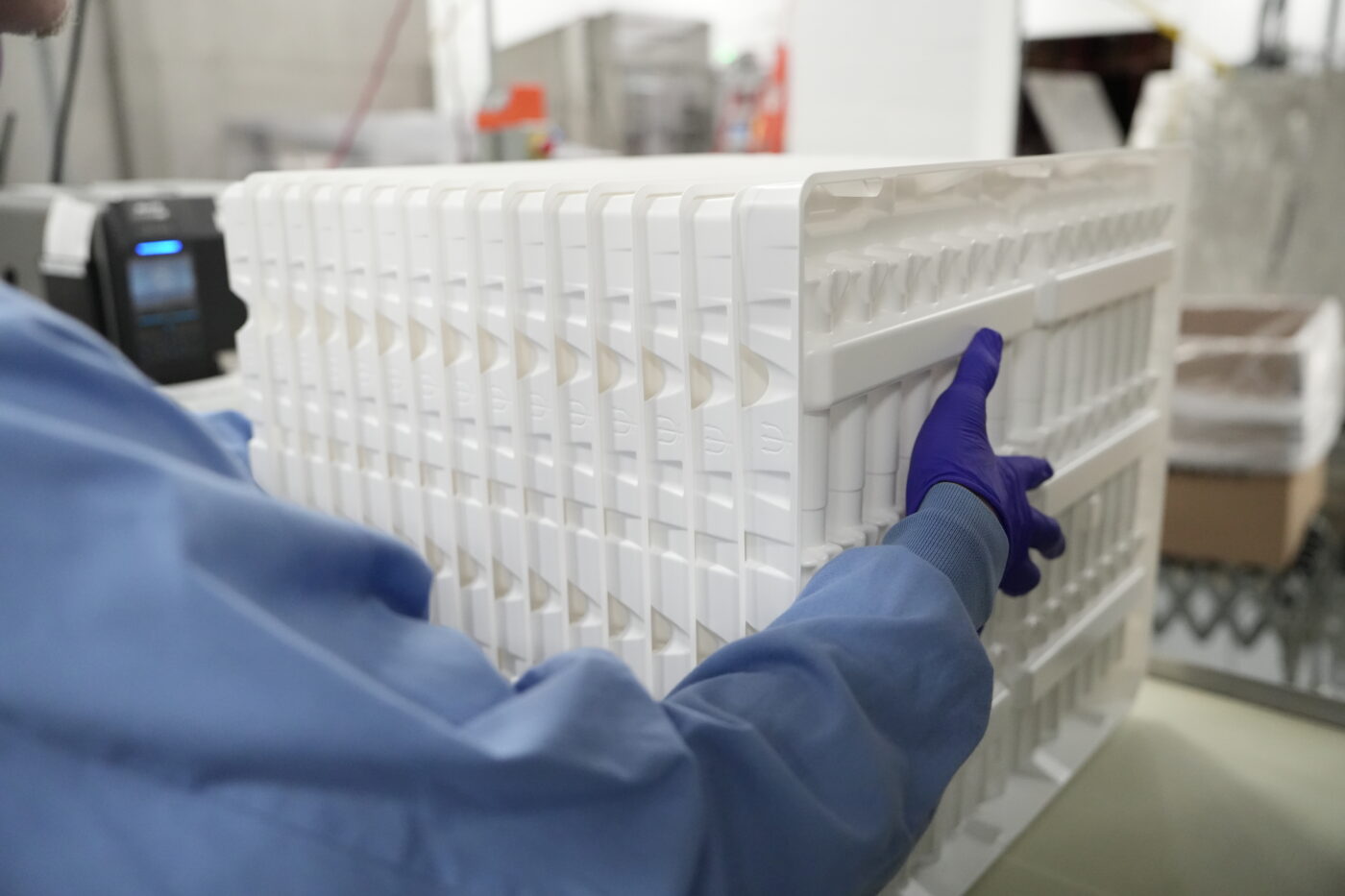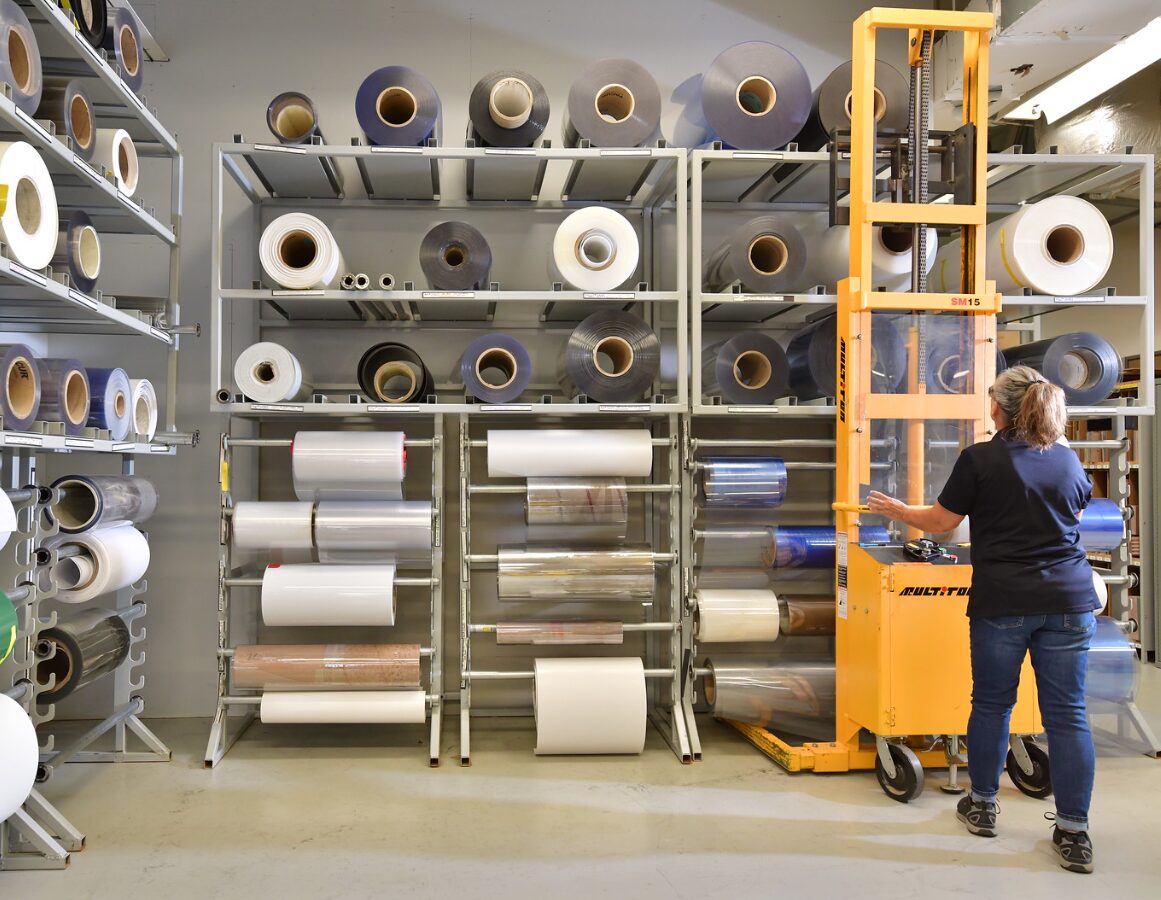
In this edition of PI Circular, we will reflect on how the founding principles of our company have fostered growth and sustainability, allowing them to thrive together.
Reflections on a Legacy of Sustainability and Innovation
Sustainability from the Beginning
When Plastic Ingenuity (PI) was founded in 1972, its mission was straightforward: to deliver quality packaging and exceed customer expectations while remaining mindful of the environment. Environmental focus was unusual in the packaging industry at that time. Yet founder Joe Kuehn envisioned a company where innovation and responsibility would grow together. Nearly five decades later, that vision continues to guide the organization.
PI began modestly, launched from a garage by Joe, a University of Wisconsin–Madison engineering graduate. Like many new ventures, the first years were uncertain. Joe’s insistence that growth happens in balance with the environment distinguished the business from the start.
The phrase “being ever mindful of our natural environment” was written into the company’s first mission statement. That idea shaped decisions large and small, from material choices to production methods. Long before “sustainable packaging” was widely discussed, efforts were already underway to reduce impact and encourage better practices.
In 1995, Joe’s life ended tragically in a plane crash. Leadership then passed to his brother, Tom, who carried forward the same values. Under his guidance, the organization expanded capabilities while keeping sustainability and innovation central. What began as one person’s vision gradually developed into a shared culture of responsibility.
Leading with Sustainable Innovation
The principle that packaging innovation and environmental stewardship belong together remains a steady guide. Over the years, this approach has translated into ongoing initiatives such as:
- Recycled Materials: Early adopters of post-consumer recycled content to support a more circular economy.
- Material Innovation: History of developing materials with circularity and efficiency in mind.
- Process Efficiency: Designing operations that carefully conserve energy, reduce waste, and manage resources.
- Conservation: Protecting local ecosystems through measures like rain gardens and zero-pellet-loss systems.
Across the organization, sustainability has become part of daily practice. Engineers design for efficiency, designers prioritize circularity, and teams recognize their role as stewards of the environment and packaging manufacturers. This perspective has helped build strong partnerships with others working to lessen their environmental impact and move toward a more sustainable future.
Connecting to Today
The packaging industry today is undergoing rapid transformation, driven by new regulations, rising consumer expectations, and urgent environmental challenges. Conversations about extended producer responsibility, circular economies, and climate impacts shape how packaging is designed, manufactured, and recovered. The values instilled at PI’s founding align closely with these shifts, offering a reminder that sustainability is not a passing trend but a long-term necessity. What began as forward-thinking decades ago is now at the center of industry-wide change.
The belief that growth and environmental responsibility must go together is even more pressing today than it was in 1972. That outlook continues to guide decisions, shape innovations, and influence how challenges are approached.
Joe’s legacy is one of corporate responsibility alongside growth. Nearly fifty years after PI’s founding, that legacy remains at the heart of its work: to innovate while contributing to a more sustainable and resilient future.
Are you a packaging engineer, procurement professional, or a sustainability expert looking to learn more about Extended Producer Responsibility (EPR) legislation? PI has launched a free course that brands can reference to gain insights into strategies for EPR compliance. The 5-part video series can be found in our EPR Toolkit.
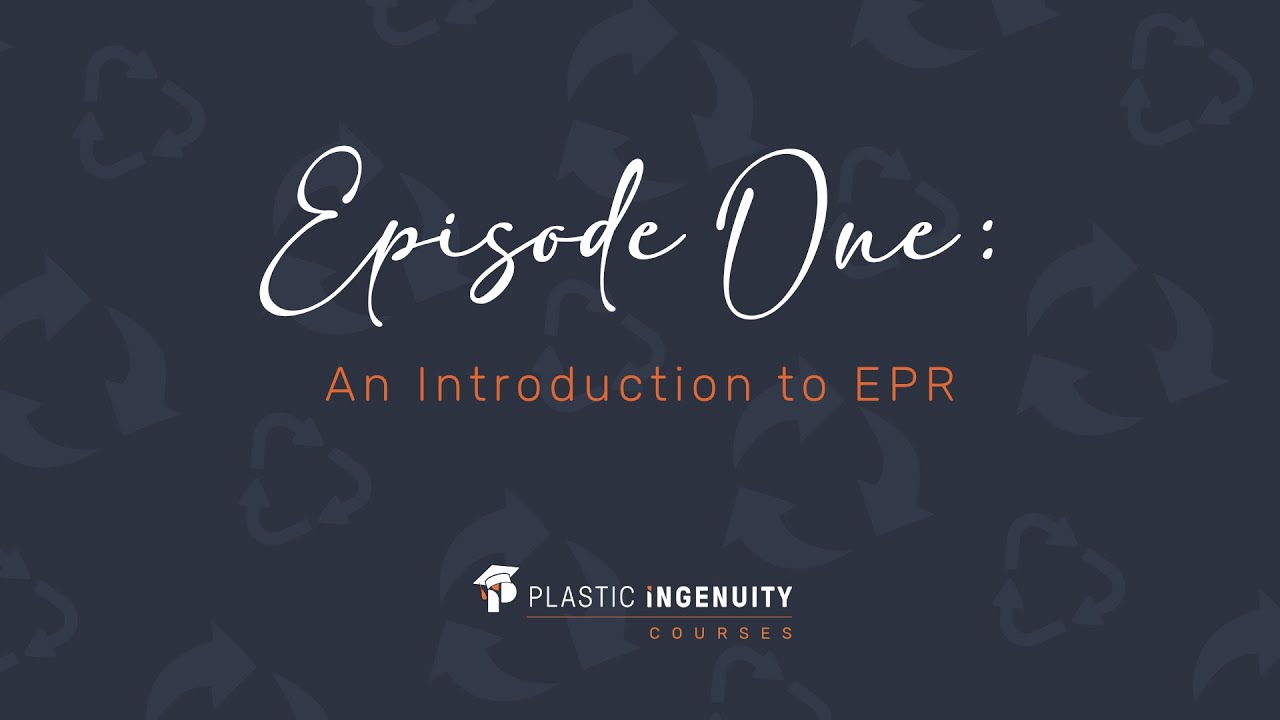
While much of the packaging legislation conversation has focused on EPR laws, it’s easy to overlook separate post-consumer recycled (PCR) content mandates at the state level. New Jersey has implemented legislation requiring specific types of packaging to include PCR content. The mandate applies to rigid plastic containers, plastic beverage bottles, glass bottles, carryout bags, and trash bags. The PCR requirements are designed to increase gradually over time. Rigid plastic containers like thermoforms must include at least 10% PCR beginning in 2024, with the threshold rising to 50% by 2036.
Although the law is currently in effect, food packaging is subject to a delayed timeline. Most food containers are exempt until 2027, providing producers additional time to adapt. The law also includes exemptions for specific categories, such as infant formula, medical foods, and instances where recycled material is not available or technically feasible. Producers must register annually with the New Jersey Department of Environmental Protection to ensure accountability and report the percentage of recycled content used in their packaging.
To ensure compliance with the law, brand owners should start by mapping their packaging portfolio against the categories covered under the mandate and identifying which products are exempt or deferred. They’ll need to work closely with suppliers to confirm PCR availability, secure reliable sources of food-grade recycled material where required, and document material specifications. Establishing clear internal tracking systems for PCR usage is critical, since annual registration and reporting to the state is mandatory. Finally, brands should plan ahead for future percentage increases by building flexibility into packaging designs and supply chains to avoid last-minute compliance challenges.
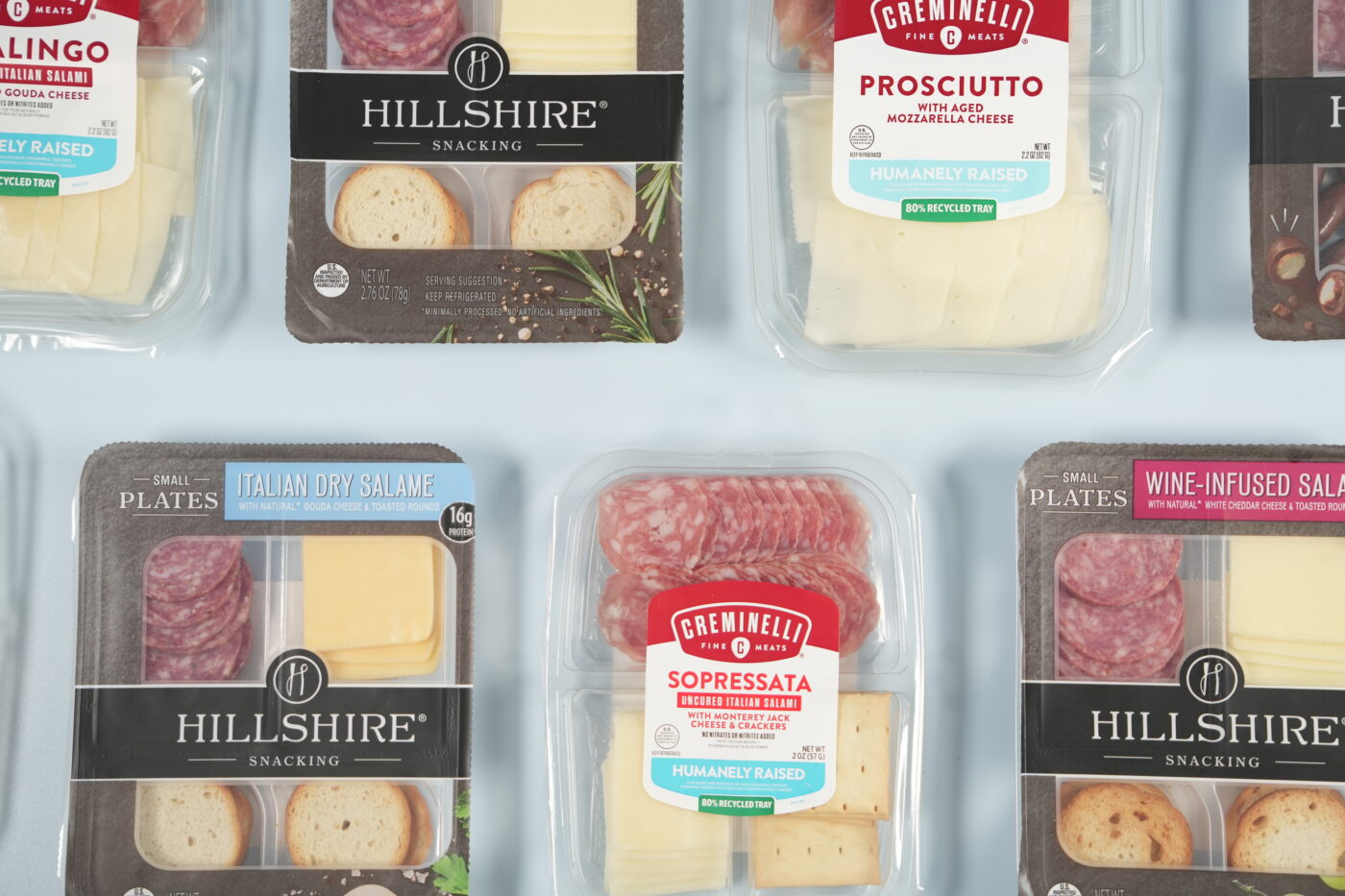
PI was featured in the August issue of Packaging Technologies Today. Our article about how snack packaging can stay ahead of EPR requirements can be found here: PTT – August 2025

PCR content required in rigid plastic containers sold in New Jersey in 2027
PCR content required in rigid plastic containers sold in New Jersey in 2036
$1,000 – $25,000 Civil penalties authorized by the law for each violation. Each day counts as a separate offense.
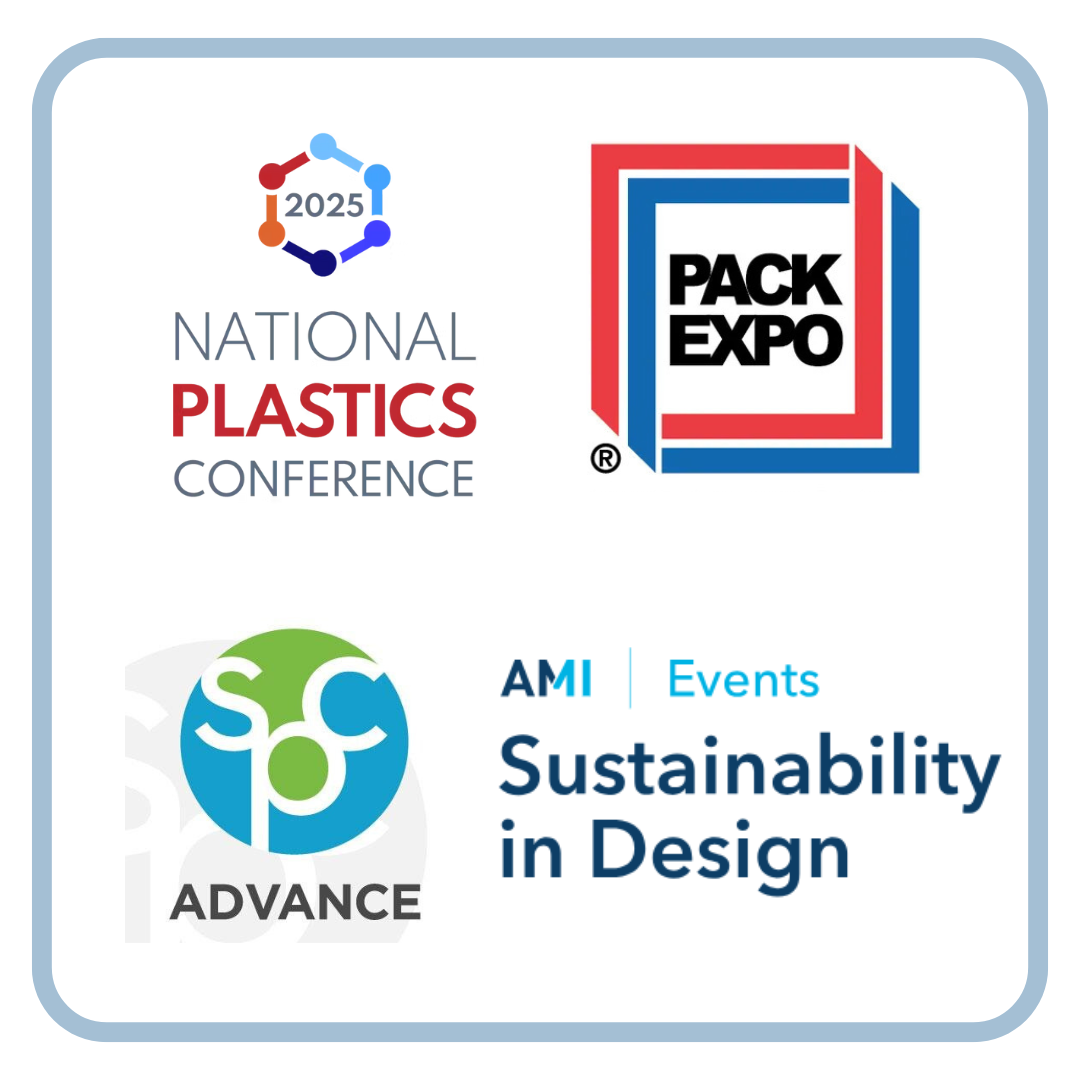
Our team is attending and presenting at many exceptional events this fall:
- Zach Muscato will be on a panel discussing EPR Frameworks, Implementation, and Compliance Strategies at the National Plastics Conference in Orlando, FL from September 22nd – 24th.
- Our team will be at PACK EXPO in Las Vegas, NV from September 28th – October 1st. Stop by booth SL18062 for a complimentary Sustainable Packaging Assessment.
- Zach Muscato will present at the Sustainable Packaging Coalition’s Advance event in Boston, MA on September 29th. The presentation will highlight how packaging converters drive environmental impact for brand owners.
- Zach Muscato will be on a panel discussing sustainable design choices at AMI’s Sustainability in Design event in Cleveland, OH on November 11th.




